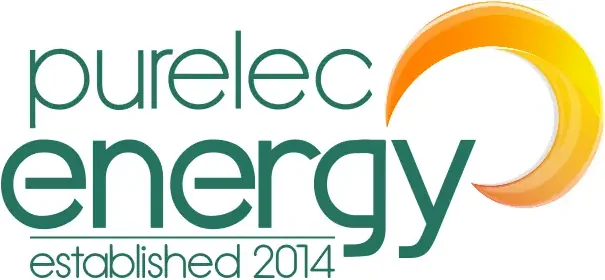
Myths about renewable energy have always been prevalent, but one that seems to keep doing the rounds is that solar panels don’t work as well in the summer.
As a team of experienced solar panel installers, we know that this isn’t true, but time and again we see this misconception spread online. The myths usually state that: “solar panels stop working in hot weather” or that “solar panels don’t work as well in summer”. However, insights from experts and industry data challenge this notion, underscoring the robust performance of solar power systems during the warmer seasons.
How Do Solar Panels Work?
Solar panels generate electricity through the photovoltaic (PV) effect, wherein sunlight interacts with electrons in the solar cells, creating an electric current. The key components, photovoltaic cells, are made of semiconductor materials like silicon. When sunlight hits these cells, it excites the electrons, allowing them to flow and generate electricity.
It makes sense then, that solar panels will produce more energy during the summer months, when days are longer and the sky is clearer, than at other times of the year.
How Does Heat Affect Solar Panels?
The basis of these myths is that higher temperatures, usually seen in summer, can marginally decrease the efficiency of photovoltaic cells. Whilst this is true, it’s important to remember that the effect is minor and is only part of the equation. To get to the truth, we need to distinguish between solar irradiance (the power per unit area received from the sun) and solar panel efficiency (the ratio of the electrical output to the input energy from sunlight).
During summer the days are longer, providing more hours of sunlight and increased solar irradiance. Naturally, this results in higher temperatures which can affect solar panel efficiency, however, the extended exposure to sunlight more than compensates for the minor reduction in generation capacity.
Essentially, the total energy produced by solar panels over the course of a long, sunny day, when temperatures are higher, is significantly more than in other seasons.
Real-World Data
Data collected from various solar installations across the UK illustrates that solar power systems perform optimally during summer months. For example, on the 21st of June 2022 (the longest day of the year), solar power reached a peak generation of 8.67 GWh. Furthermore, during the heatwave in July of the same year, solar power output met up to a quarter of the UK’s power demand, with a peak generation of 7.77 GW at midday on the 19th of July. This demonstrates the substantial contribution of solar energy to the national grid during peak summer days.
Conclusion: Myth Busted
The myth that solar power is less effective in the summer is largely rooted in misunderstandings about how solar panels operate. As we mentioned earlier in this article, temperature can influence efficiency, but the impact is negated by increased exposure to sunlight through out summer.
The data shows that solar power’s contribution to the energy grid during summer underscores its reliability and effectiveness. Furthermore, the technology is continuously evolving, and temperature-related losses are being mitigated with improved materials and cooling mechanisms in newer generations of solar panels.
The consistent performance of solar panels even in high temperatures debunks the myth that they stop working in hot weather, affirming their role as a cornerstone of renewable energy.
Learn How Solar Power Can Benefit You
Whether you’re a home owner looking to save on your energy bills, or a business looking to meet Net Zero targets, Purelec Energy is here to help you. Fill out our contact form or call us on 01924 840 198 to start your journey today.
